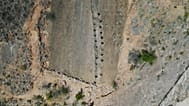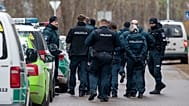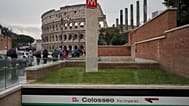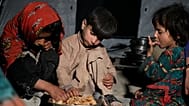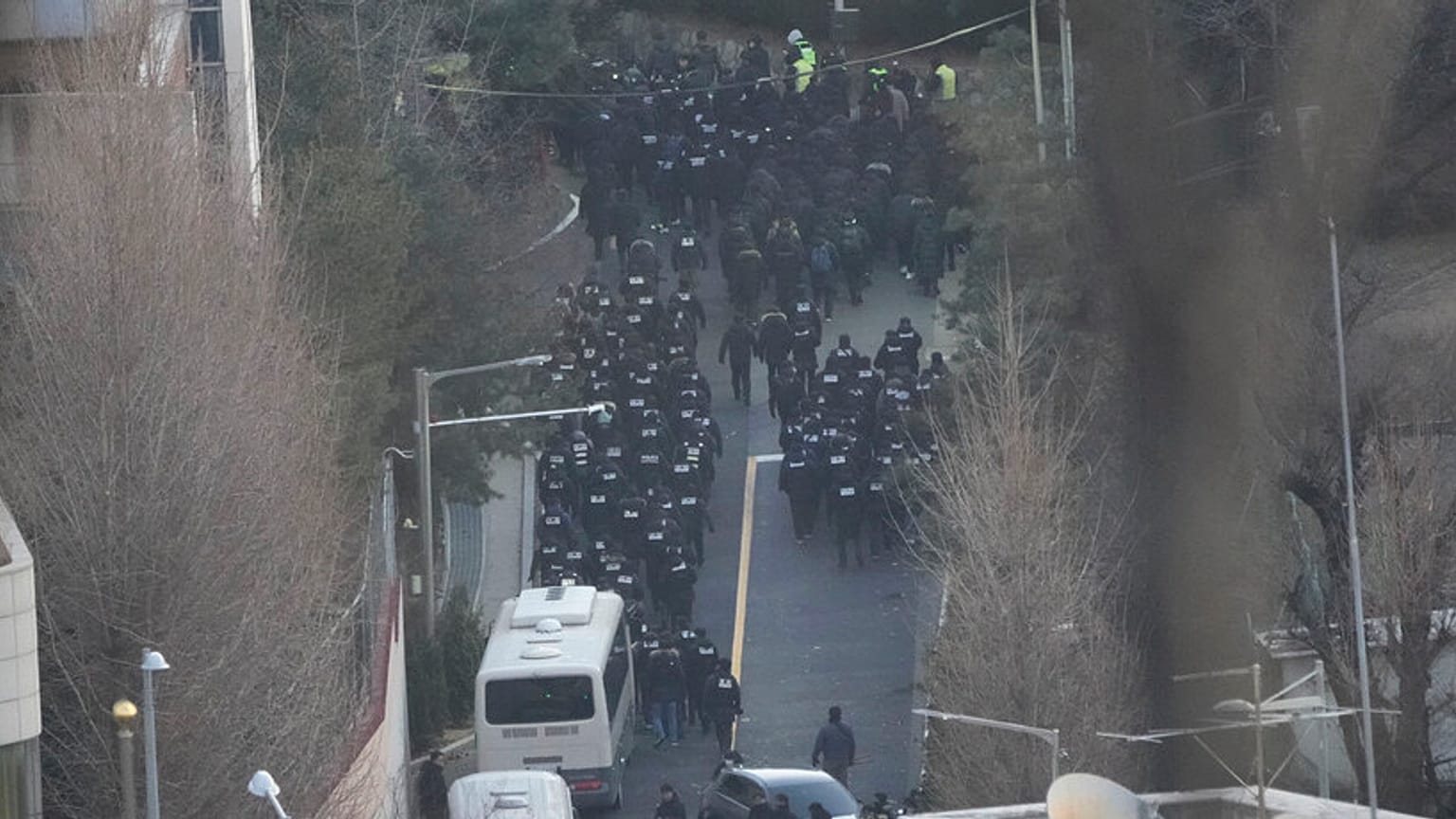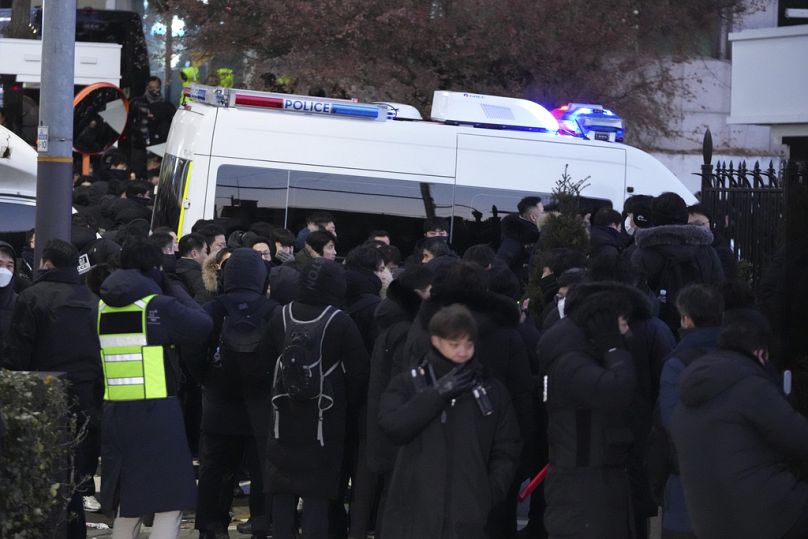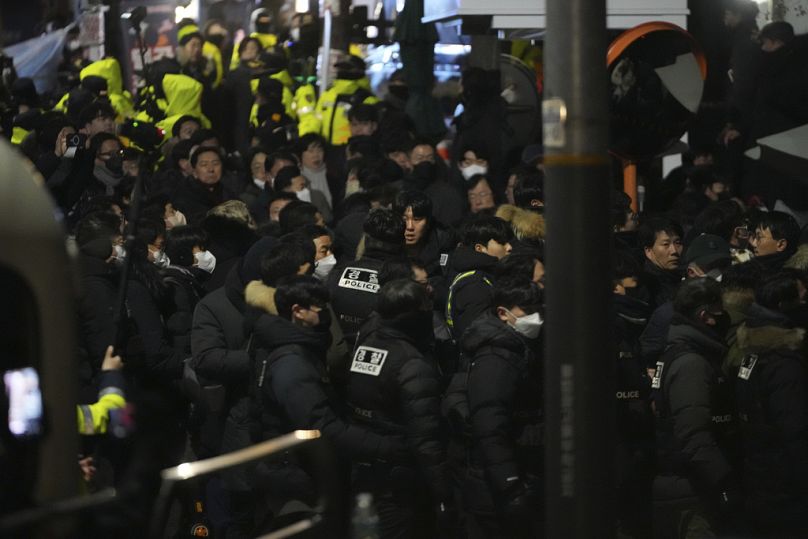South Korea’s President Yoon Suk-yeol becomes the first sitting president to be arrested in the country’s history after weeks-long standoff.
South Korea’s anti-corruption agency says impeached President Yoon Suk-yeol has been detained.
A series of black SUVs, some equipped with sirens, were seen leaving the presidential compound with police escorts.
His detention came hours after hundreds of law enforcement officers entered the presidential compound in a second attempt to detain him over his aborted martial law decree last month.
Investigators from the South Korea’s Corruption Investigation Office for High-Ranking Officials entered suspended President Yoon Suk-yeol’s official residence in the capital Seoul seeking to execute a new warrant for his detention.
Investigators were in negotiation with the president’s attorneys earlier on Tuesday.
A lawyer on Yoon’s legal team said the president agreed to be investigated by the anti-corruption agency on Wednesday, and was also preparing a public statement.
Yoon’s attorney added that the impeached president was willing to travel to the agency in the nearby city of Gwacheon, once its investigators and police officers retreat from his residence, and security precautions are in place.
It was not immediately clear whether the agency would accept the offer for voluntary questioning instead of bringing Yoon to custody itself.
South Korean authorities sent some 1,000 officers early Wednesday morning to the presidential residence in Seoul’s Yongsan District. The officers seemingly encountered no meaningful resistance from presidential security forces as they approached the compound. There were also no reports of immediate clashes.
The South Korean leader has been holed up in the Hannam-dong residence for weeks, while vowing to “fight to the end” against efforts to oust him.
Yoon justified his short-lived imposition of martial law on 3 December as a legitimate act of governance against what he calls “anti-state forces”. Yoon accuses the opposition of employing its legislative majority to thwart his agenda. He’s also previously labelled the opposition as “North Korea sympathisers”.
The anti-corruption agency is leading a joint investigation with the police and military over whether Suk-yeol’s martial law declaration amounted to an attempted rebellion.
Yoon enjoys a privilege given to South Korean presidents which grants him immunity from criminal prosecution. The immunity however does not extend to serious offences and allegations, such as rebellion or treason.
Yoon’s imposition of martial law was short-lived, lasting only six hours before rolling back the decree. The move was to “eliminate anti-state forces”, a term Yoon labelled the opposition with who he accuses of being sympathetic to North Korea. It triggered huge political turmoil, which halted high-level diplomacy and rattled financial markets, as well as ignited protests calling for his resignation.

